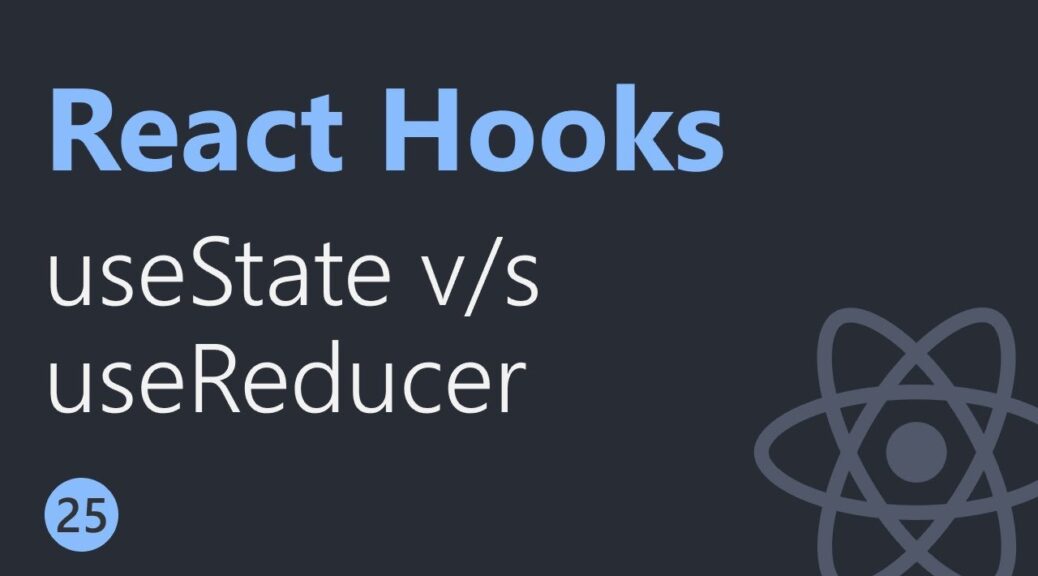
Don’t Get Hooked Wrong: The Ultimate Guide to useReducer() vs. useState():
Choosing between useReducer() and useState() in React can be a head-scratcher. Both hooks manage state, but they cater to different scenarios. Let’s unravel the mystery and pick the perfect hook for your needs!
Imagine Your State Like…
- useState() for simple storage: Think of it as a backpack. Perfect for carrying around small, independent pieces of information, like a username or a counter. Easy to access and update on the fly.
- useReducer() for complex logic: Picture a control panel. Ideal for managing intricate state changes that involve calculations, multiple components, or interacting with external sources. Offers more structured handling and centralized logic. ️
When to Choose Each Hook:
- useState() shines for:
- Single or independent pieces of state
- Simple updates and manipulations
- Quick accessibility within a single component
- Key points:
- Simple State Initialization:
useStateinitializes state with a single value or array. - Direct State Updates: The
setCountfunction updates the state directly, triggering a re-render. - Functional State Management:
useStateworks within functional components, aligning with React’s modern approach. - Concise Syntax: The syntax is straightforward and easy to understand.
- Ideal for Basic State: It’s perfect for managing simple state values that don’t require complex logic or interactions.
- Simple State Initialization:
- useReducer() takes the stage for:
- Complex state calculations and transformations
- State shared across multiple components
- Managing intricate logic like form validation or fetching data
- Key Points:
- Centralized State Logic: The reducer handles all state updates, ensuring consistency and predictability.
- Type-Based Actions: Different actions trigger specific state changes, making the code more organized and readable.
- Complex State Handling:
useReducerexcels at managing intricate state logic, like task completion and filtering. - Potential for Optimization: It can optimize performance in components with frequent re-renders by minimizing unnecessary updates.
- Testability: Reducers are pure functions, making them easier to test in isolation.
Think of it like this:
- useState() is like a personal notebook for quick notes.
- useReducer() is like a project management tool for complex planning and collaboration.
Remember:
- useState() is easier to learn and implement for simple needs.
- useReducer() requires more setup but offers better organization and control for complex scenarios.
Ultimately, the best hook depends on your specific state management needs. Choose wisely and hook your React components like a pro! **
Bonus Tip:
- For beginners, starting with
useState()might be easier. As your components grow, consider migrating touseReducer()for better organization and scalability.